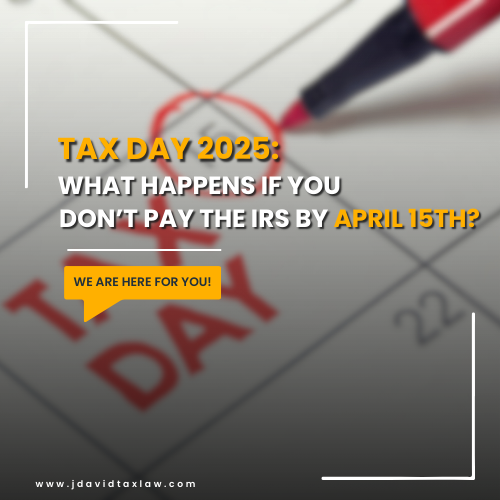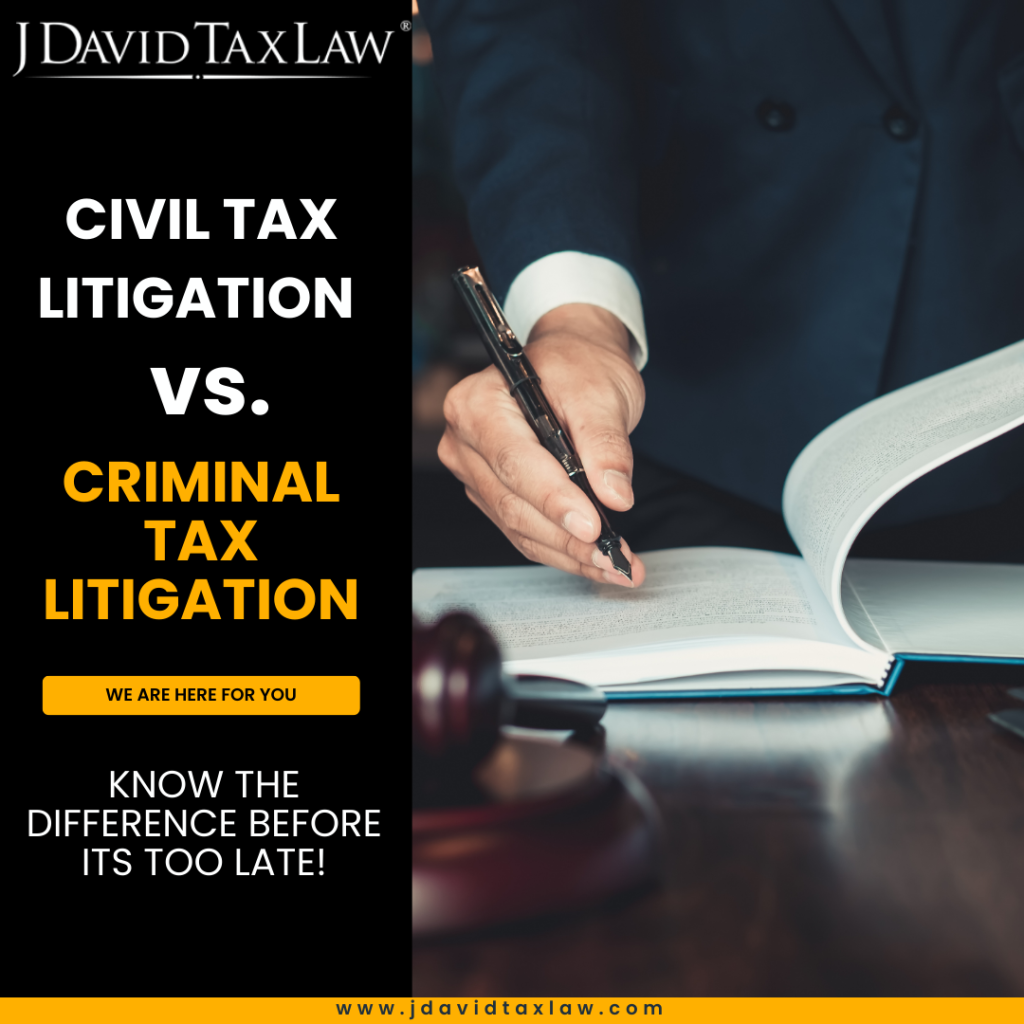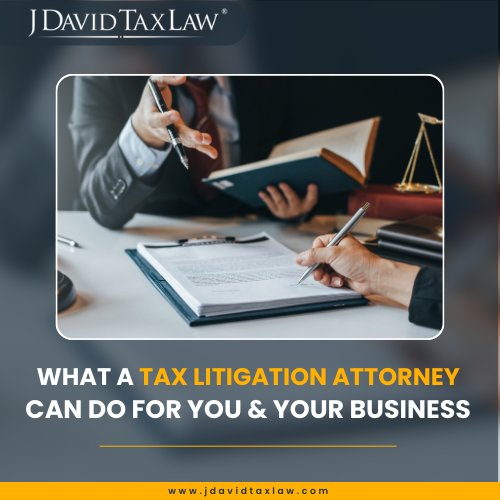California’s recent wildfires in early 2025 devastated communities in Los Angeles and surrounding areas. To ease the burden on affected taxpayers, the IRS has announced an automatic tax deadline extension and special disaster tax relief provisions. If you are a California wildfire victim, you now have more time to file tax returns and pay taxes, plus access to penalty waivers and other relief measures. In this article, we explain what the IRS disaster tax relief includes – emphasizing the extended deadlines, covered disaster areas, penalty and interest relief, and how to claim disaster-related losses. We also outline who qualifies (individuals, businesses, and tax-exempt entities) and what tax forms or steps are involved.
IRS Disaster Tax Relief
In response to the major disaster declaration for California’s 2025 wildfires, the IRS is offering broad tax relief to affected taxpayers. On January 10, 2025, following FEMA’s declaration (Disaster 4856-DR for California wildfires and straight-line winds), the IRS announced that individuals and businesses in designated disaster areas now have until October 15, 2025 to file returns and pay taxes. This extended deadline is automatic for those in the federally declared disaster zone. Currently, Los Angeles County is the primary county covered by the IRS relief (as designated by FEMA), but any additional counties that FEMA adds to the disaster declaration will also be eligible for the same relief.
This relief is provided under Internal Revenue Code Section 7508A, which allows the IRS to postpone certain tax deadlines for taxpayers in a federally declared disaster area. Relief applies to a wide range of tax responsibilities, including:
Individual income tax returns
Business entity returns
Trust and estate income tax returns
Tax-exempt organization information returns
Quarterly estimated income tax payments
Quarterly payroll and excise tax returns
Contributions to IRAs and HSAs
Time-sensitive tax elections and other acts
Eligibility Criteria for Tax Deadline Extension
Eligibility for the IRS disaster tax relief is broadly defined: it applies to “affected taxpayers” in the federally declared disaster area. This includes individuals, families, businesses of all sizes, and even tax-exempt organizations (such as charities) whose principal residence, principal place of business, or tax records are located in the disaster zone. For the January 2025 California wildfires, that means anyone with an address in Los Angeles County qualifies for the extended deadlines and other relief. All types of federal returns are covered – from personal 1040 forms to corporate returns, partnership filings, trust and estate returns, and nonprofit information returns. If your county is later added to the FEMA disaster list, you would qualify as well.
What if you’re outside Los Angeles County?
The IRS will also work with taxpayers who live outside the disaster area if they were still affected – for example, if your tax records are located in Los Angeles County or if you are a relief worker assisting with the wildfires. In such cases, you can qualify for relief by contacting the IRS disaster hotline. Likewise, if you moved to the area after filing your last return (so the IRS doesn’t have your new LA address on file), you can inform the IRS to ensure you get the extension. Generally, the IRS will automatically identify taxpayers in the covered disaster area by the address on record and apply the filing/payment relief without you needing to do anything.
State Tax Relief
It’s not just the IRS – California’s Franchise Tax Board (FTB) has conformed to these extensions as well. California’s Governor announced that affected Los Angeles County taxpayers have until October 15, 2025 to file and pay their California state income taxes, mirroring the federal relief. This means most California tax forms (and even other state-level taxes like sales/use tax in many cases) are also extended, so Los Angeles wildfire victims won’t face conflicting deadlines. Always verify your county’s status, but as of now Los Angeles County residents and businesses get full federal and state tax deadline relief.
New Tax Filing and Payment Deadlines for Wildfire Victims
One of the most significant provisions of this disaster relief is the postponement of tax deadlines. Here are the key extended deadlines California wildfire victims should know:
Individual Income Tax Returns and Payments
2024 individual Form 1040 tax returns (and any tax due) normally due April 15, 2025 are now extended to October 15, 2025. This also gives affected taxpayers extra time to contribute to IRAs or Health Savings Accounts for 2024.
2024 Business Returns (Partnerships, S-Corps, Corporations)
For the 2024 tax year, individual Form 1040 returns are no longer due in April. Taxpayers now have several extra months to file their returns and pay any balance owed without incurring late-filing or late-payment penalties. The deferral also extends the window to make 2024 contributions to Individual Retirement Accounts (IRAs) and Health Savings Accounts (HSAs), which are now considered timely if completed within the relief period.
Quarterly Estimated Tax Payments
Individuals and businesses required to make estimated payments originally due on January 16, April 15, June 17, and September 16 of 2025 can defer those obligations. These installments may be consolidated and remitted in full by the end of the extended period, without triggering underpayment penalties.
Quarterly Payroll and Excise Tax Returns
Employers and businesses with payroll or excise tax obligations originally due at the end of January, April, or July receive a filing extension for their respective Forms 941, 943, 945, and 720. However, it is important to note that any related tax deposits due between January 7 and January 21 must have been completed by January 22 to qualify for full relief from deposit penalties. This grace period reflects standard IRS disaster policy and applies specifically to time-sensitive deposits.
This broad postponement provides taxpayers affected by the California wildfires the necessary flexibility to organize their tax affairs, ensure compliance, and prioritize financial recovery without the burden of overlapping federal deadlines.
IRS Penalty and Interest Relief for Affected Taxpayers
Beyond extending deadlines, the IRS is also providing penalty relief to wildfire victims. If you qualify for the disaster extension, you won’t be penalized for filing late or paying late. The IRS has automatically flagged taxpayer accounts in the disaster area, so any failure-to-file or failure-to-pay penalties on returns due during the postponement period should be automatically abated (removed) if the return or payment is made by the extended deadline.
What if you still receive an IRS penalty notice?
This can happen in certain cases such as when the IRS hasn’t updated your address to reflect that you’re in a disaster-designated area, or due to a clerical oversight. If you receive a notice for a late-filing or late-payment penalty covering a deadline that falls within the relief window, the IRS advises calling the number on the notice to request that the penalty be abated. For those who qualify, the IRS will remove the penalty. Additionally, failure-to-deposit penalties related to payroll and excise taxes are automatically waived for amounts that were due between January 7 and January 21, provided the deposits were made by January 22. This grace period applies across the board for affected employers.
If you’re unsure whether you’re covered or need help getting a penalty removed, our tax attorneys at J. David Tax Law are here to handle it directly with the IRS and make sure your relief is correctly applied.
Claiming Disaster-Related Losses on Your Tax Return
One major form of tax relief after a disaster is the ability to claim casualty losses on your tax return. If you suffered uninsured or unreimbursed losses due to the California wildfires – for example, damage to your home, personal property, or business assets that insurance won’t fully cover – the tax law allows a deduction for those losses in a federally declared disaster. Even more helpful, you have a choice of when to claim the loss: you can deduct the disaster loss on your 2025 tax return (the year the loss occurred) or, alternatively, on your 2024 tax return (the year before the loss). This election can potentially get you a tax refund sooner, by claiming the loss for 2024, or it might reduce your 2025 taxes – you should choose whichever is more beneficial for your situation.
How To Claim a Wildfire Loss?
To deduct a disaster loss, you’ll need to file IRS Form 4684, Casualties and Thefts, with your tax return. This form is where you calculate the amount of your deductible loss after accounting for any insurance or reimbursements. If you decide to claim the loss on your 2024 return (the prior year), you will likely need to file an amended 2024 return (Form 1040-X) with Form 4684 attached, since many taxpayers had already filed 2024 taxes by the time the fires struck. When claiming a disaster loss deduction, be sure to write the FEMA disaster declaration number on top of your return (or at the top of Form 4684). For the Los Angeles County wildfires, the FEMA number is “4856-DR”
If you’re worried about IRS penalty notices or interest despite qualifying for relief, Contact J. David Tax Law. We have a proven track record in fast IRS resolution, our tax lawyers can quickly communicate with the IRS to correct any issues
Conclusion
The tax deadline extension and IRS disaster relief for California wildfire victims provide much-needed financial and administrative breathing room in 2025. Los Angeles County residents and businesses affected by the wildfires have until October 15, 2025 to file federal (and state) tax returns and pay any taxes due. They also benefit from waived penalties and interest relief, as well as the option to claim disaster-related losses to potentially reduce their tax burden. By understanding who qualifies and following the proper steps such as noting the FEMA disaster number and using the correct forms taxpayers can fully utilize these provisions.
Frequently Asked Questions
For most taxpayers, the regular California state income tax deadline is April 15 each year. However, for those affected by federally declared disasters—such as the 2025 wildfires in Los Angeles County—the California Franchise Tax Board (FTB) conforms to IRS relief timelines. This means eligible taxpayers will receive automatic extensions on filing and payment deadlines. If you’re unsure whether your situation qualifies, our tax lawyers can help clarify your state and federal filing status.
Individuals and businesses located in areas covered by a federal disaster declaration—like Los Angeles County—may be eligible for assistance from FEMA and other state agencies. Relief payments may include housing support, grants for uninsured losses, and business recovery funds. These funds are typically not considered taxable income under federal law. If you’ve received aid or need help understanding how it impacts your tax situation, J. David Tax Law can walk you through it.
Not all obligations are covered by disaster relief. For example, federal tax deposits—like payroll and excise tax deposits—must still be made within a short grace period. Deposits due from January 7 through January 21 needed to be completed by January 22 to avoid penalties. Also, tax responsibilities outside the relief window aren’t postponed. If you’re unsure whether a particular return or payment qualifies, we can help you avoid costly mistakes and penalties.
Yes. If you were covered by the IRS relief provisions but still received a penalty notice, you can request penalty abatement by calling the IRS or responding to the notice. These errors often happen when the IRS system hasn’t updated your location or due to processing delays. Our attorneys at J. David Tax Law handle these situations frequently and can work with the IRS directly to correct your record and get penalties waived quickly.














